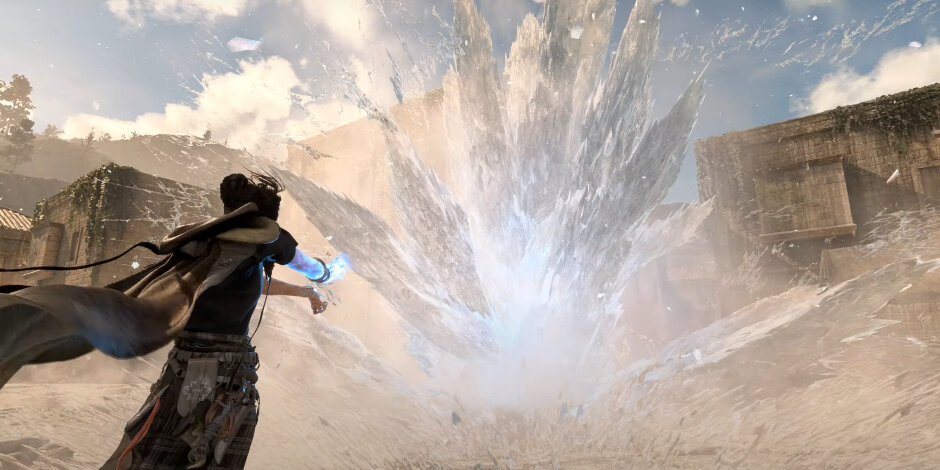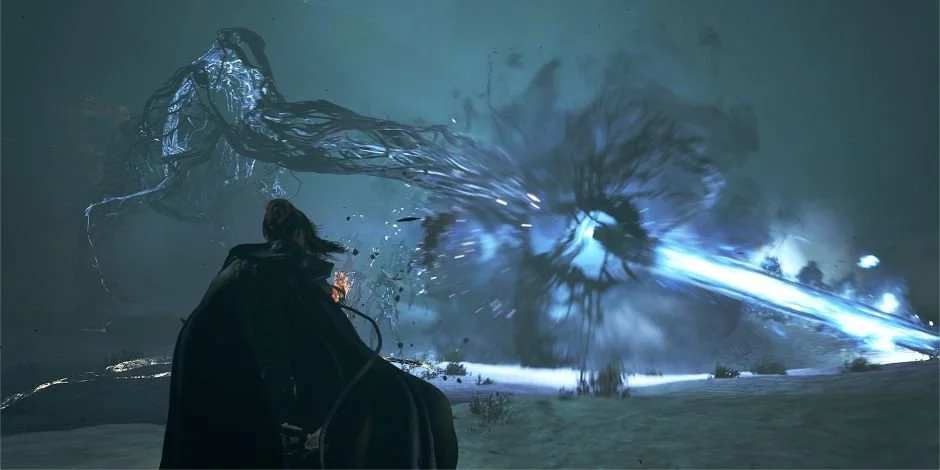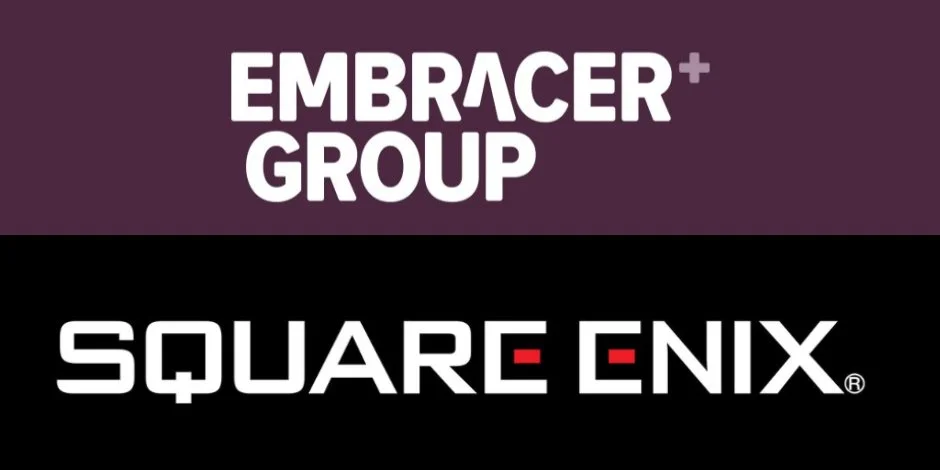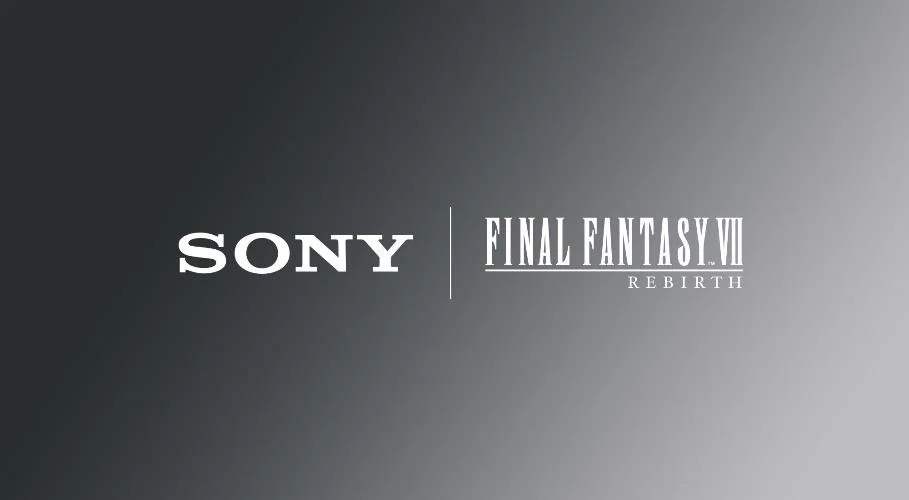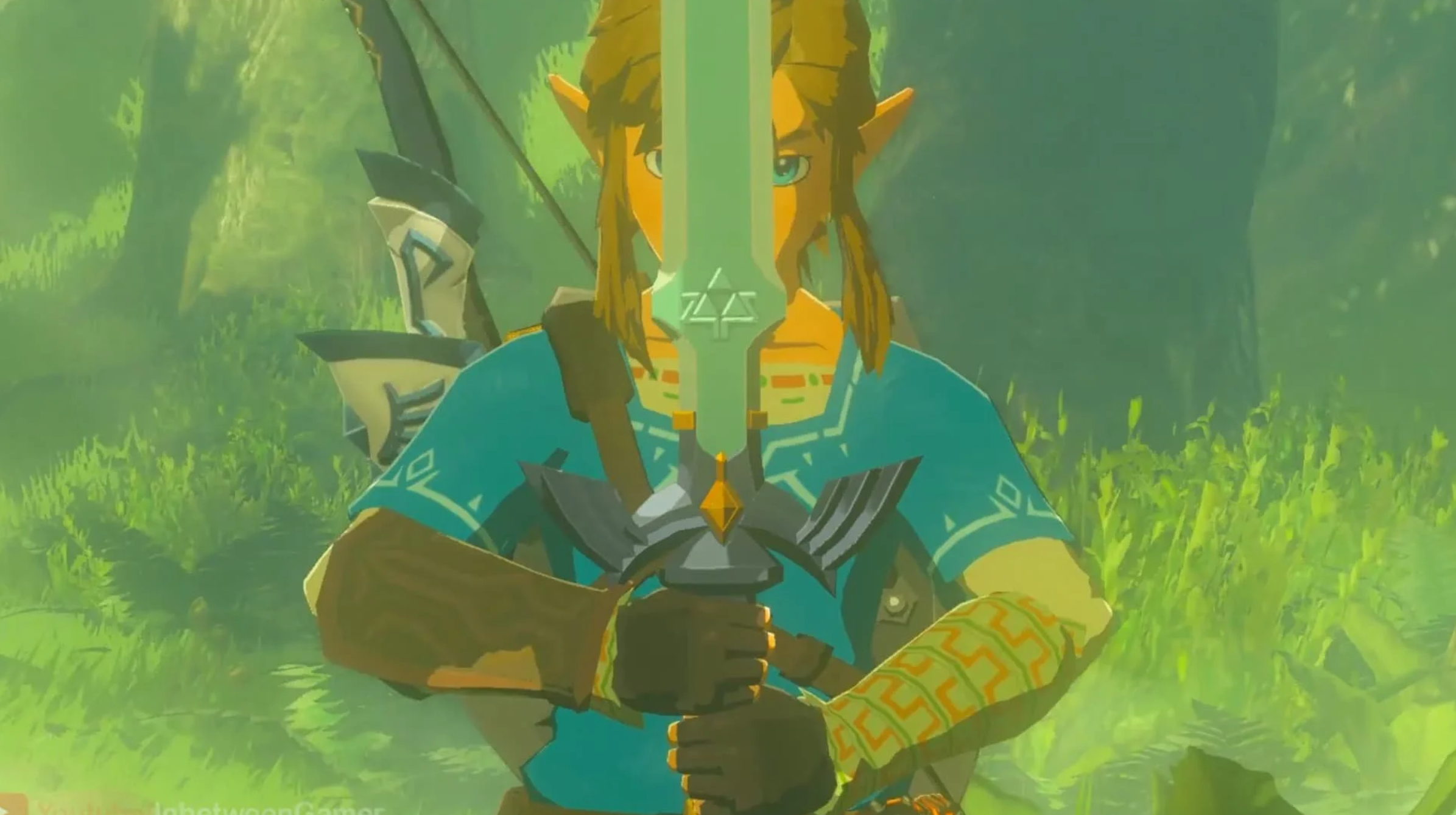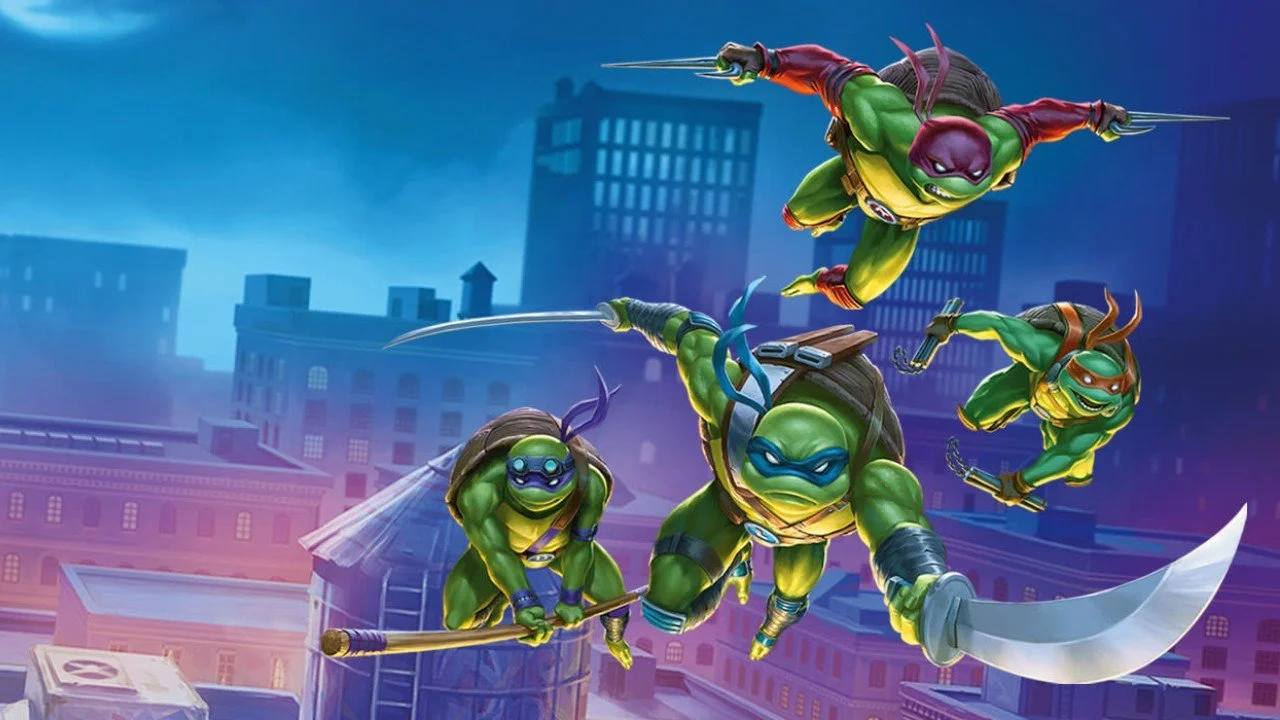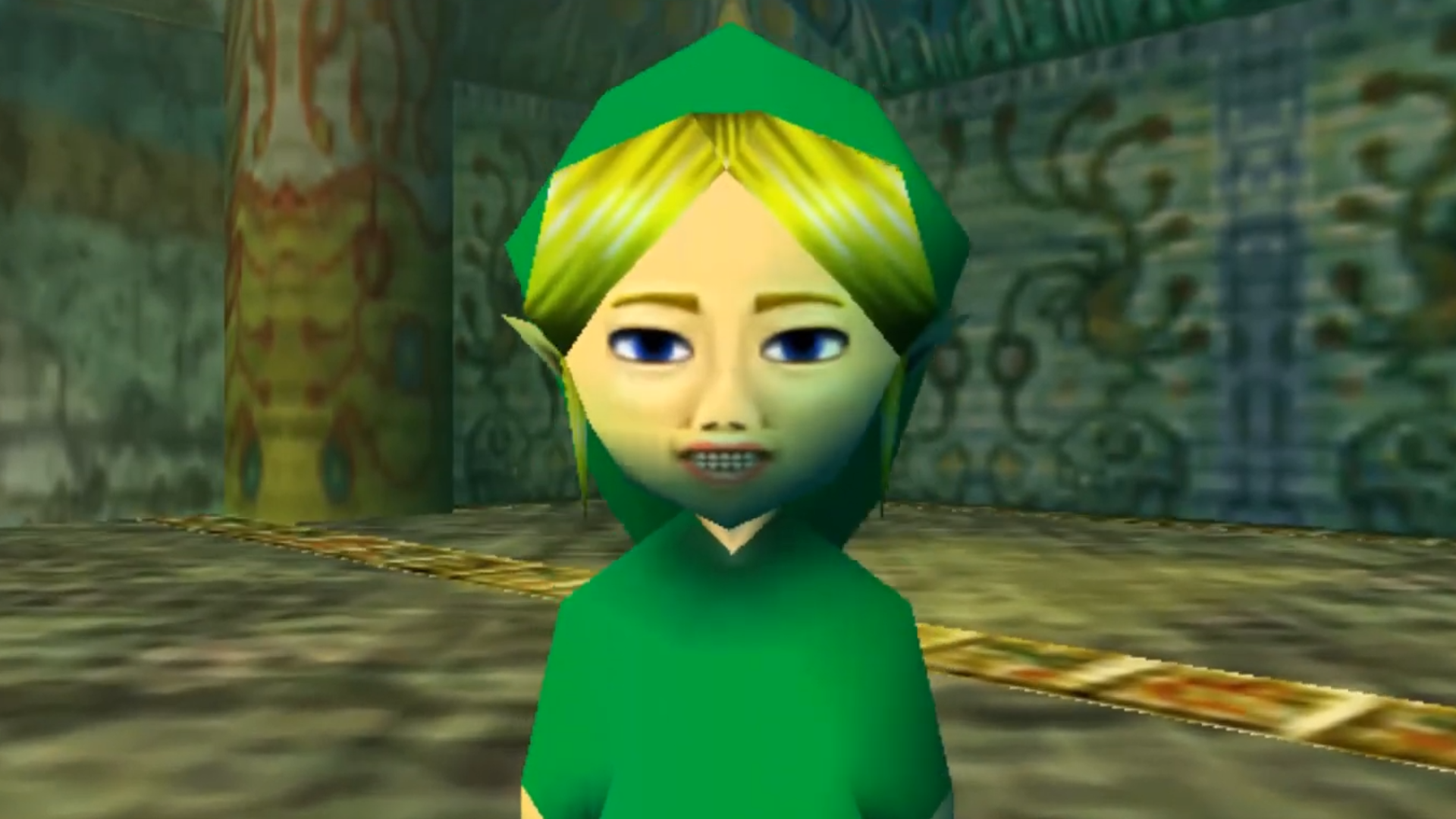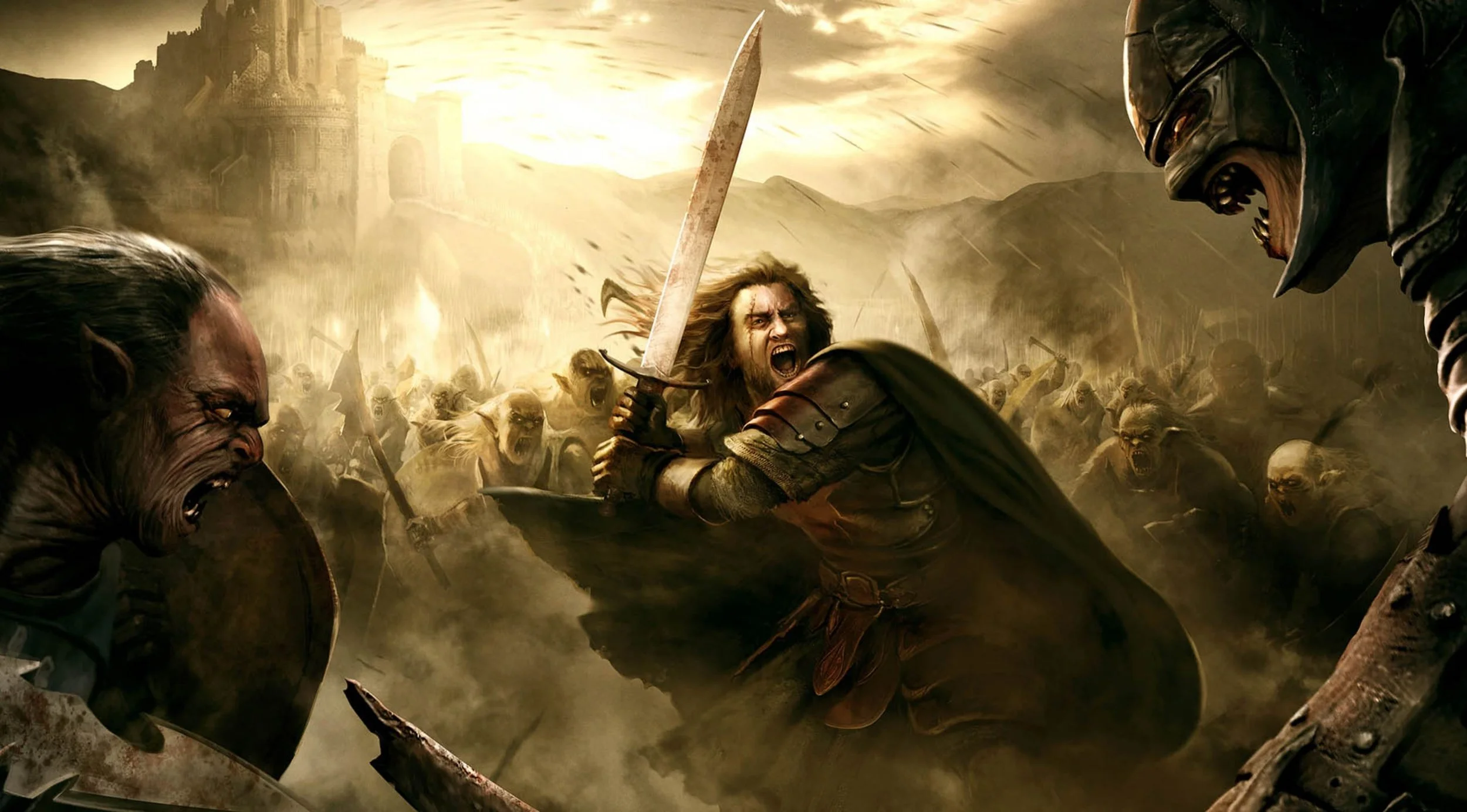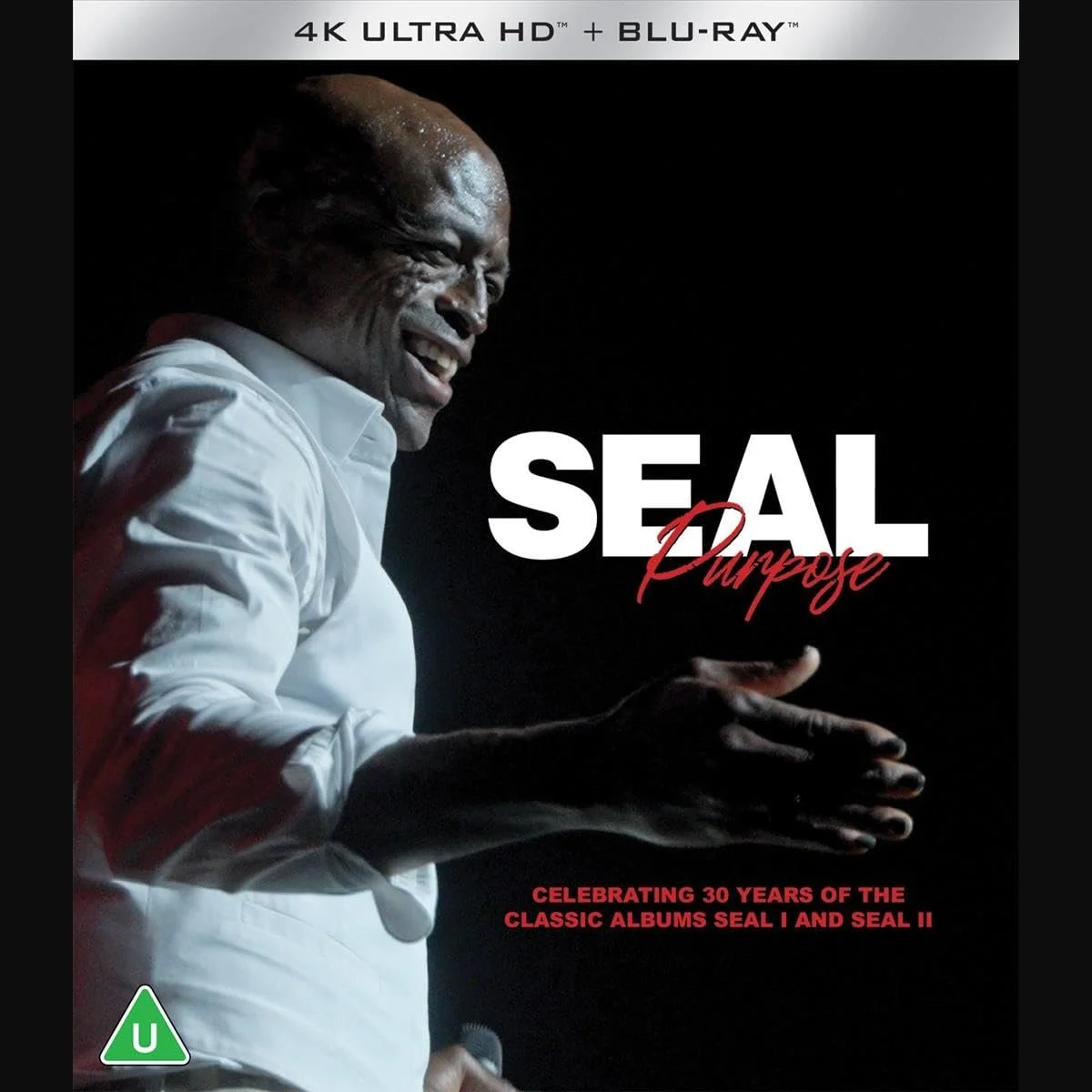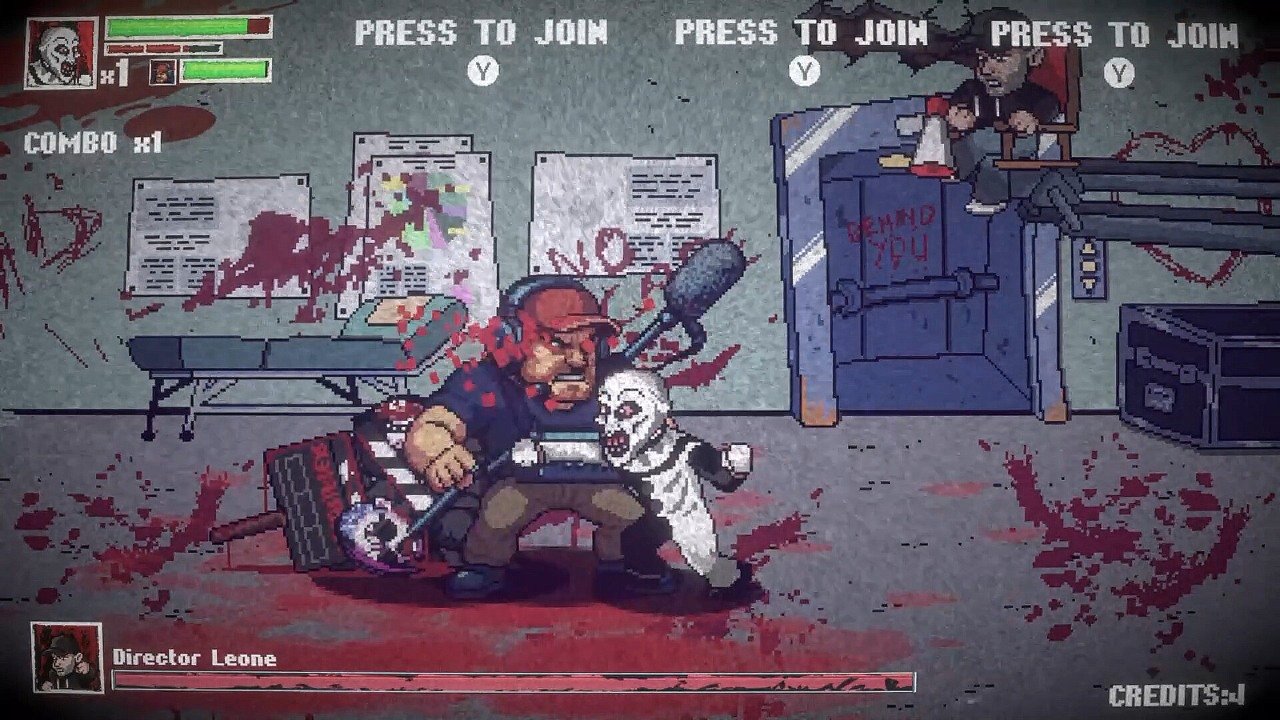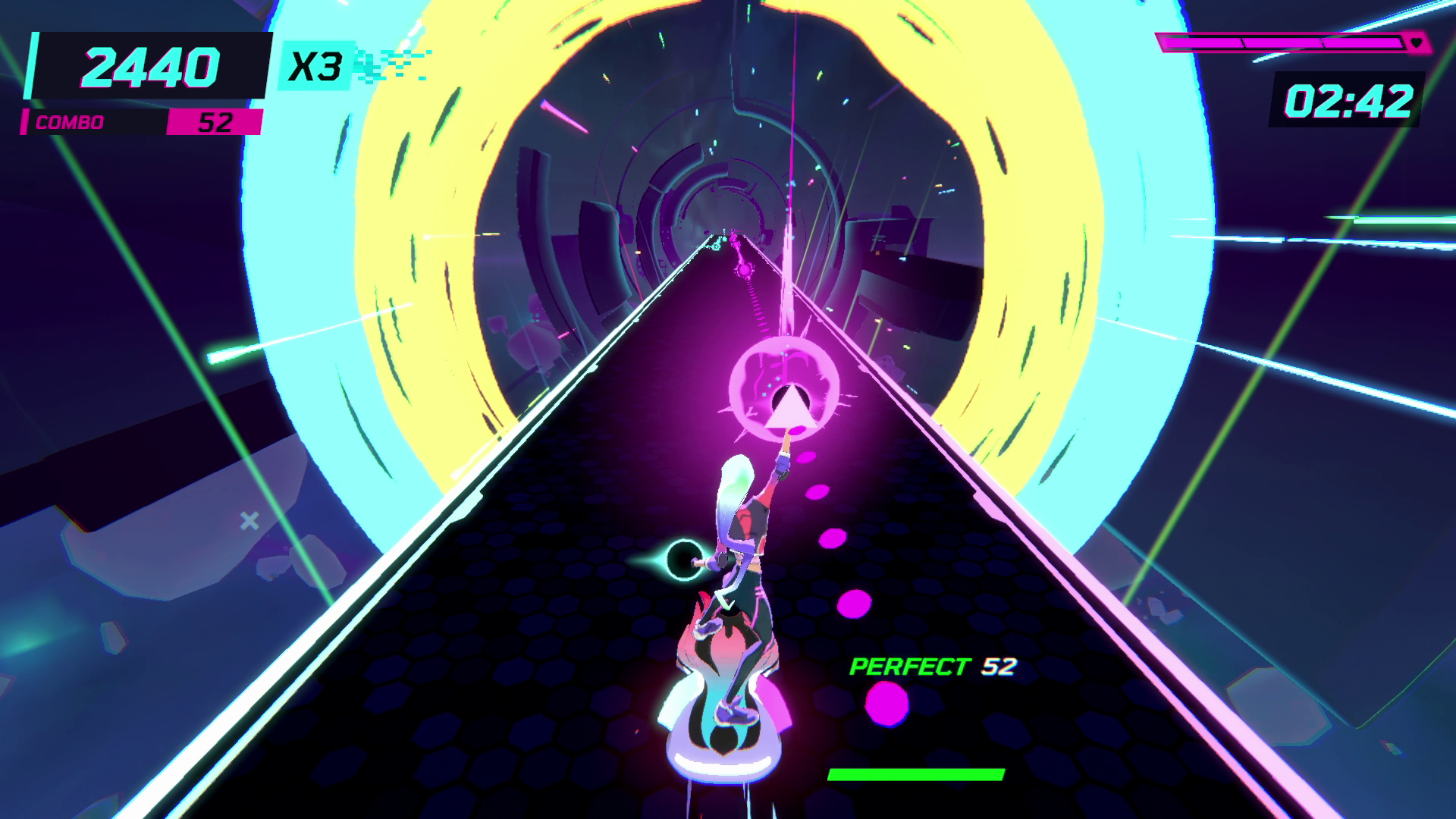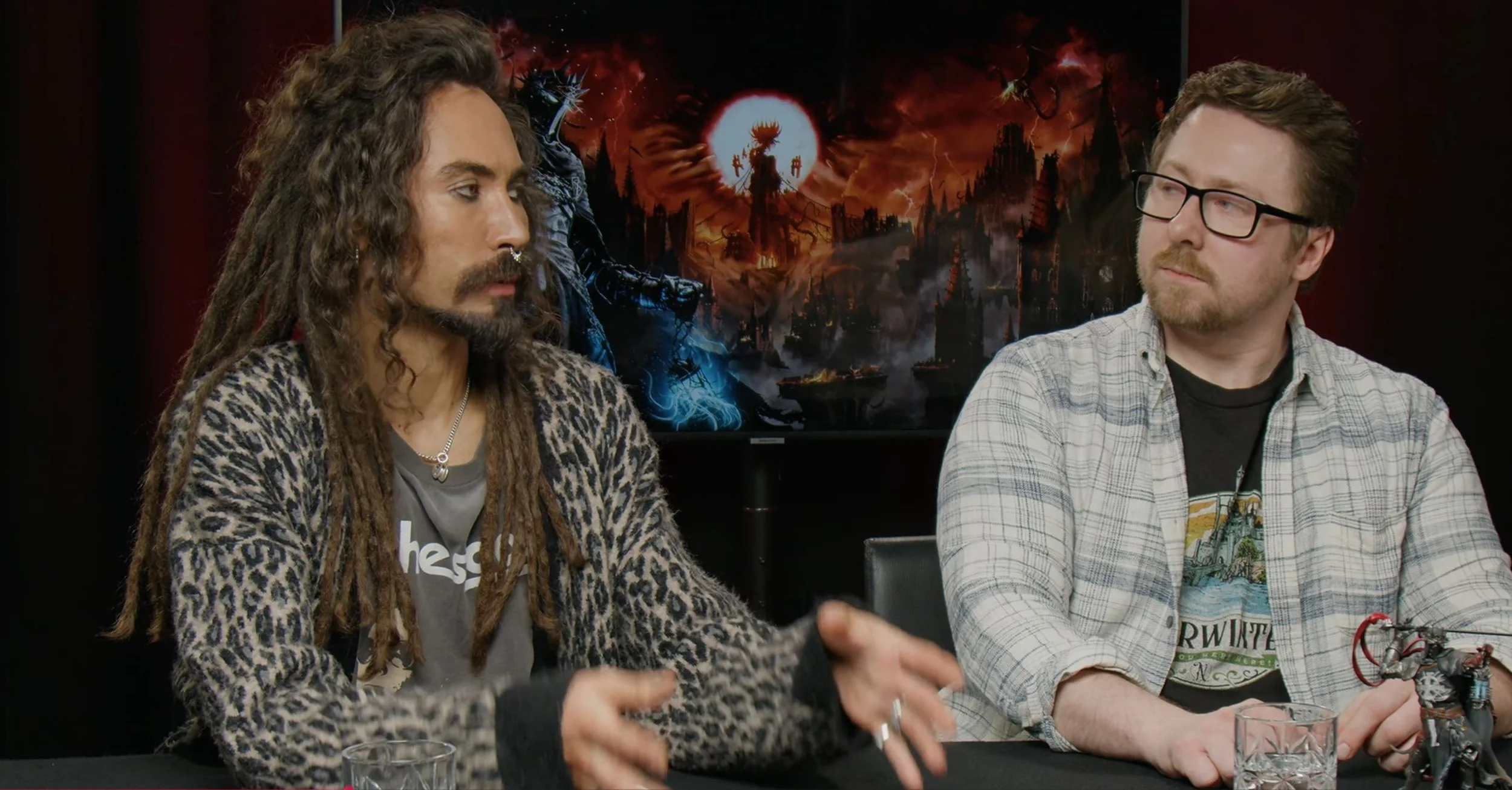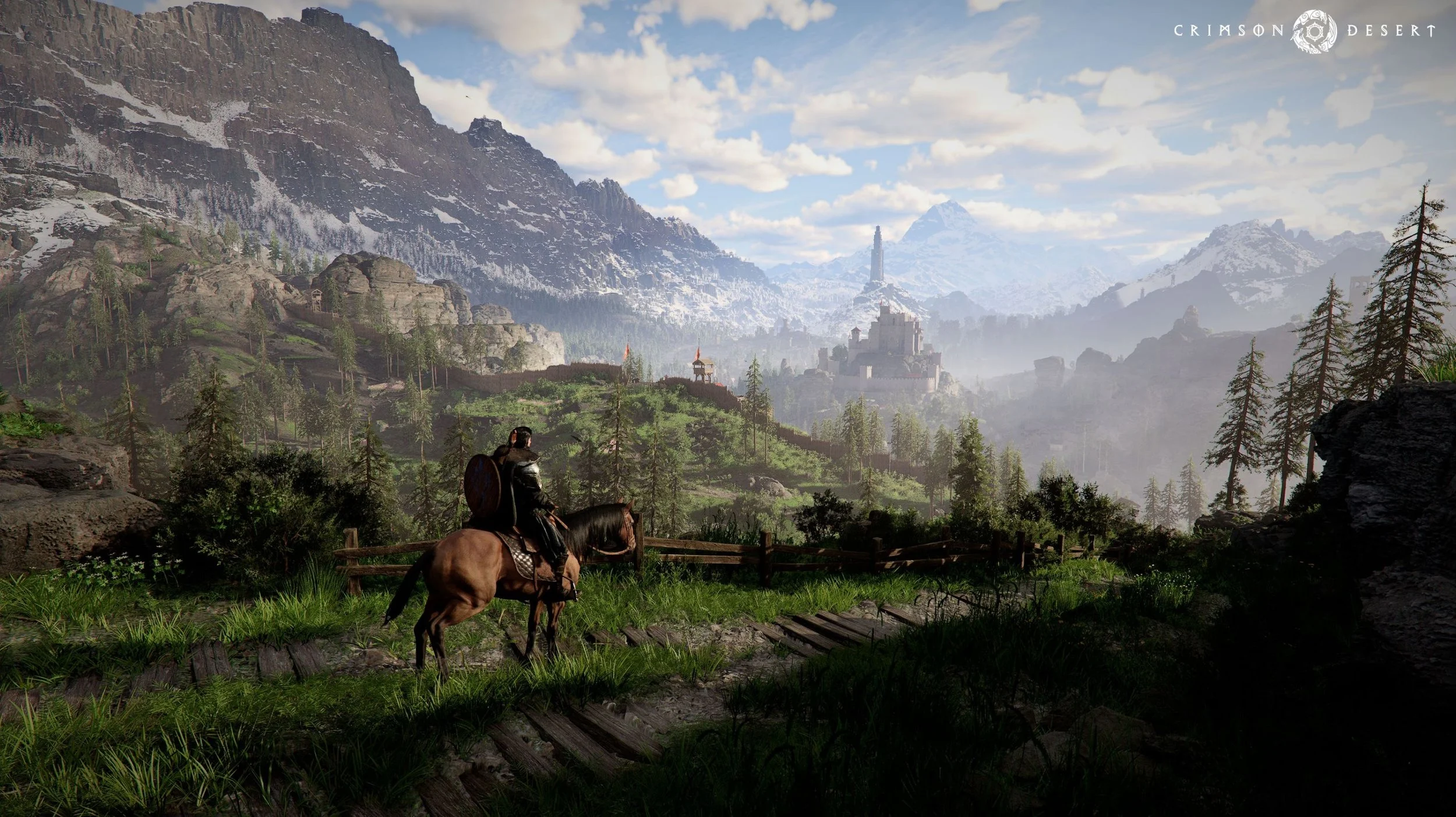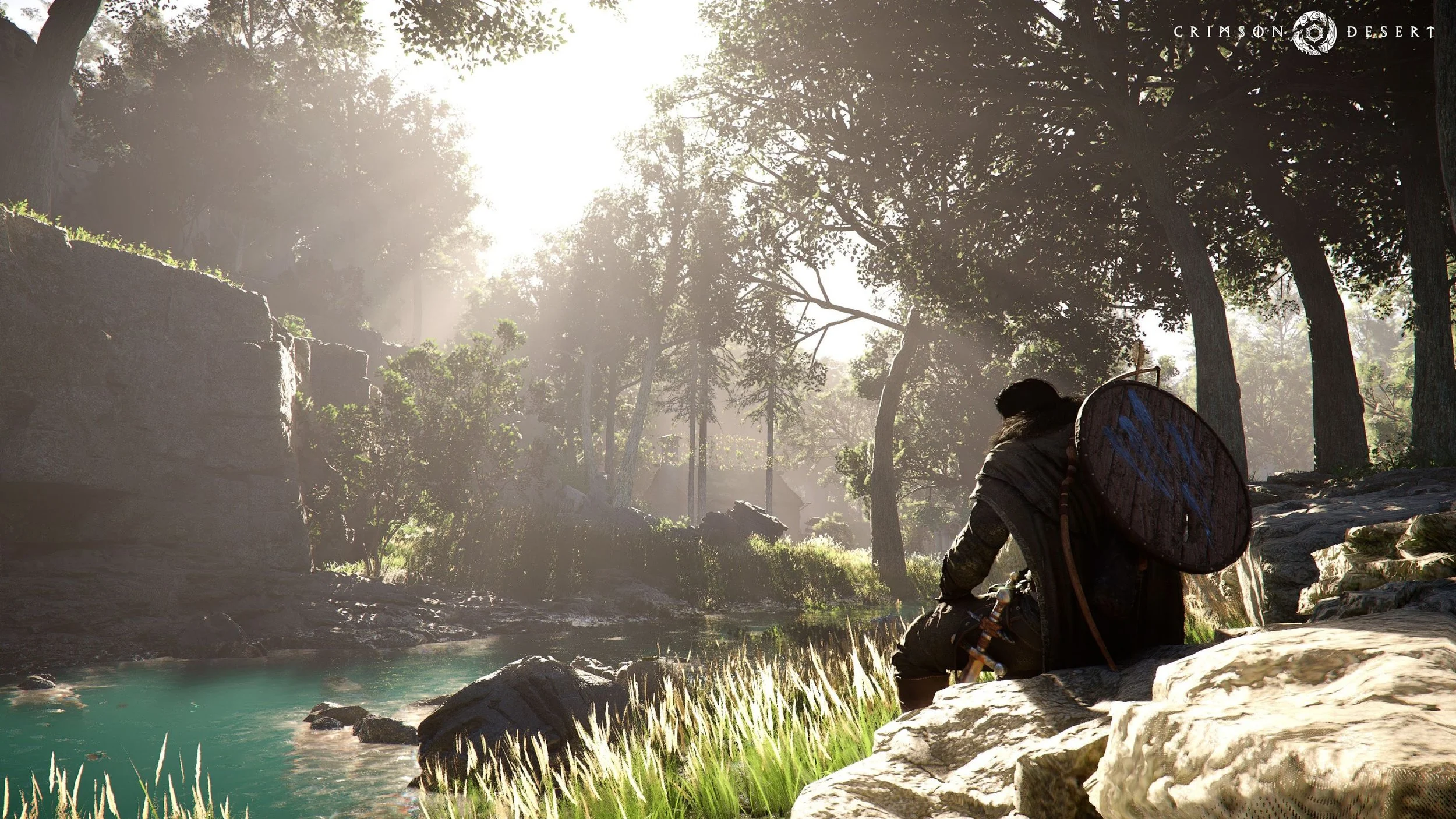The new year was just a few hours old when Yosuke Matsuda, the CEO of Square Enix, decided to blow up the internet. In the early hours of January 1st, 2022, Matsuda released a letter on Square Enix’s website detailing the company’s plans for innovation in the new year. The release is dense, but the most important point is this: Square Enix is investing heavily in blockchain technology and non-fungible tokens (NFTs).
Matsuda outlines his view on the blockchain and NFTs in great detail, devoting three whole paragraphs to the concept of token economies within video games and the notion of “play to contribute” as a viable means of engaging with games. In a truly unhinged sentence, Matsuda writes that “Traditional gaming has offered no explicit incentive to [‘play to contribute’ gamers], who were motivated strictly by such inconsistent personal feelings as goodwill and volunteer spirit.”
I initially wanted to write this piece as a straightforward news story about Matsuda’s letter, but the whole thing reads like the ramblings of a Silicon Valley tech bro who just tried shrooms for the first time. If you had told me that a drunk Mark Zuckerberg had written this, I wouldn’t have doubted you for a second.
Matsuda fluctuates wildly between describing the value of blockchain technology and criticizing existing means of user engagement. Apparently, the wide breadth of creator content in games like Minecraft and Roblox doesn’t meet the Square CEO’s criteria for “major game-changing content that [was] user-generated [sic].”
Just judging from the contents of this letter, it’s clear that Matsuda doesn’t understand the allure of video games as a form of entertainment. He seems to view his company’s products as a waste of time unless they’re directly generating profit for everyone involved. He says as much when he turns his nose up at the notion of content created “solely because of individuals’ desire for self-expression.”
But the ignorance in this letter is just surface-level nonsense when it comes to the notion of NFTs and blockchain tech in gaming. For starters, just about every positive Matsuda mentions NFTs might bring to video games already exists in the industry. His concept of “play to contribute” has been successfully implemented in games across almost every genre from Assassin’s Creed to Fortnite to Dreams.
Incentivizing gamers isn’t all that mysterious a concept in the modern era. If anything, gamers are a pretty predictable bunch; give us a cool new cosmetic to earn or a season pass, and you’ve got a pretty dedicated audience. We form communities around the games we like and interact with others based on these preferences.
It’s also worth mentioning that NFTs have often proven themselves to be simple-minded scams with a devastating ecological impact. All NFT transactions are conducted using crypto currency, a form of decentralized money that lives on the blockchain. Unfortunately for our rapidly warming planet, crypto currency burns through energy like an Energizer Bunny on speed.
The amount of energy waste NFTs and crypto have generated in just the last year alone is on par with the energy expenditure of entire countries, and those numbers are only growing as more and more people jump on the bandwagon.
While it might seem unfair to pile on Yosuke Matsuda like this, he invited this kind of scrutiny when he shared this letter with the world. Not only is his language disrespectful to both gamers and developers, but it reflects an alarming disconnect between the executive class and the people they claim to understand.
Many other game companies have come out in support of NFTs, only to have their dreams dashed against overwhelming backlash from the people that actually buy their games. Ubisoft’s fledgling token program in Tom Clancy’s Splinter Cell: Breakpoint landed with a wet thud that has left most of the NFTs inert. GSC Game World had initially planned to incorporate NFTs into their upcoming game, S.T.A.L.K.E.R. 2: Heart Of Chernobyl, but quickly back-pedaled in response to a blistering outcry from fans.
To put it succinctly, gamers largely hate NFTs. Sure, there are pockets of people who think they’re amazing and want NFTs to be a part of every facet of life, but these are often the same people who jump at every chance to join a new speculative market. Because that’s ultimately what NFTs are: a get-rich-quick scheme.
For video game execs to be on board with NFTs shows that these execs are either dangerously out of touch with their consumers, or (far more likely) eager to exploit any potential revenue stream regardless of the cost. There’s no question where Yosuke Matsuda falls in this dichotomy, though: “I realize that some people who ‘play to have fun’ and who currently form the majority of players have voiced their reservations toward these new trends, and understandably so.”
Not only does he admit to knowing that gamers have reservations about NFTs and crypto, but he also admits that this group makes up the majority of players! It reveals that he’s not writing this as a bold step forward for Square Enix and video gaming as a whole, but as a love letter directly to people already invested in the NFT community.
Square Enix has some big games planned for 2022 and beyond, but it’s hard to get excited for any of them after hearing this news. I’m eagerly anticipating Forspoken, a brand-new IP from the development team behind Final Fantasy XV, but the thought that I might be picking up an NFT along with it sours the entire experience for me.
If Square starts integrating NFTs into all their games, the option to opt-out doesn’t really exist anymore. Engagement of any kind with a game that features NFTs will be used in backroom presentations to indicate widespread support of the tech, and result in further investment in something that’s stupid at best and predatory at worst.
I really hope that Square Enix reflects on their decision to dig in on NFTs and blockchain technology. NFTs are a solution to a problem that doesn’t exist, representing cynical, late-stage capitalism in the form of crappy, randomly generated ape drawings. And I desperately hope that Mr. Matsuda finds the time to play some games just for the fun of it; it really seems like he needs the break.
